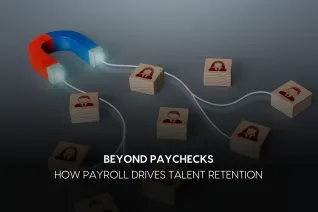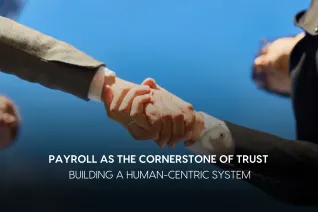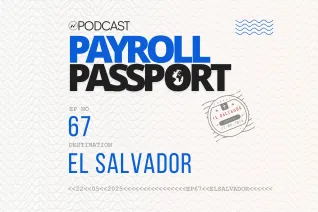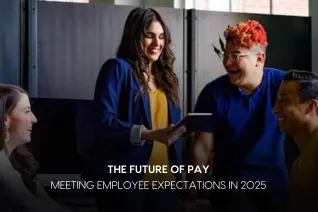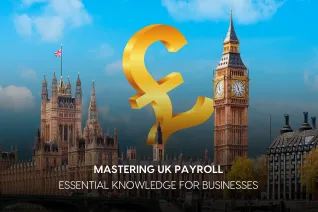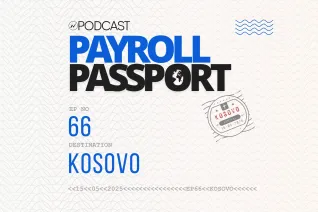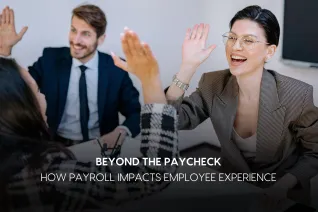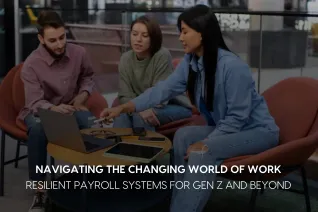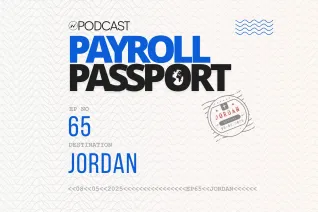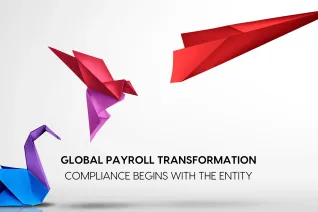Payroll Tax 101: Insights on Trends and Optimization with Becky Harshberger
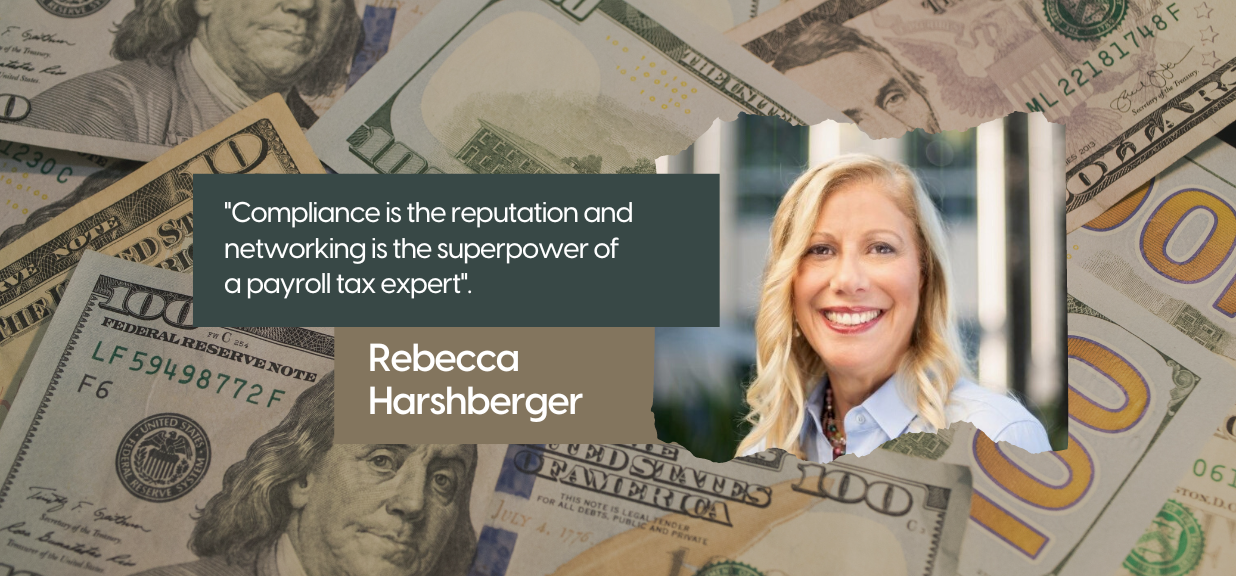
Payroll tax is not just a boring or tedious task for businesses anymore. It's a complex and dynamic field that requires constant adaptation and innovation. It's also a crucial part of any business strategy and operation. With new regulations and situations emerging all the time, businesses and payroll professionals must be on their toes and ready to adjust. But this also means they can learn and grow from the challenges they face.
Becky Harshberger never thought she would become a payroll tax expert, especially after starting her career in advertising after graduating with a degree in marketing. She turned to recruiting to scratch her itch for a new challenge that would stimulate her mind and keep her on her toes, but fate had other plans for her. It didn't take long for her to be fascinated by the intricacies of payroll and tax laws. After joining the American Payroll Association (now PayrollOrg) and networking with fellow professionals, she discovered her true calling in the payroll industry and has since flourished. Currently serving as the VP & Practice Leader, Payroll Taxes at Entertainment Partners, she thrives, utilizing her creative, problem-solving, and leadership abilities daily. Driven by the ever-changing nature of payroll taxes, she enthusiastically embraces each new challenge and looks forward to the future with an adventurous spirit.
Read on as she reveals some of the fascinating insights she gained from her journey and why this field continues to spark her passion.
Right off the bat, she candidly admits-
“Nobody goes to college and says I am going to be a payroll person.”
But this role has piqued the curiosity and fascination of people who want to explore this field more. So she began by revealing how a payroll tax expert spends a typical day.
What are the key responsibilities of a payroll tax expert? How does this role differ from other payroll-related positions?
The key responsibilities of a payroll tax expert include employment taxes, information tax processing, tax reporting, systems upgrades, and legislative changes. A payroll tax expert has to be very inclusive and share their knowledge with other departments because payroll taxes affect everyone and everything. They also must work closely with the legal department and interpret the laws and regulations in a way that makes sense for payroll reporting and compliance. A payroll tax expert must communicate with the state and federal agencies and ensure everything is done correctly. Being a payroll tax expert differs from being a payroll expert because it involves more external factors and less confidential data.
You might also like: Exploring the AI frontier: Transforming HR and payroll operations
Despite her enthusiasm for payroll, she recognizes that her clients may not share the same passion. So how does she effectively communicate complex payroll tax concepts and requirements to non-experts or clients with limited knowledge in this area?
To communicate complex payroll tax concepts and requirements to non-experts or clients, a payroll tax expert must understand the underlying law and its goal. A payroll tax expert must also be very inclusive and thorough in their answers and anticipate any follow-up questions. The goal is to reduce the anxiety and confusion that people may have about their paychecks and taxes.
According to you, what are some emerging trends in payroll taxes that businesses should pay attention to?
Some of the emerging trends or technologies in payroll taxes that businesses should pay attention to are:
Data privacy and access in the new world of work, where employees may work remotely or flexibly, and how that affects payroll taxes and reporting for different states and jurisdictions. A payroll tax expert must also balance the employee's privacy with the employer's need to track their hours and pay them correctly.
“I think the tricky part is that employers are now being pushed to be what I call ‘multi-reliant’. It's a new phrase I made up.”
Cybersecurity and business continuity, especially when relying on multiple vendors for different payroll functions, ensure they have good security and coordination with each other and the clients. (Another question to really think about is whether there are ways to make the vendors more interconnected and aware of each other and how that would benefit the clients.)
Online portals and communication with state agencies, which are convenient but require taking screenshots and saving documents for future reference and compliance. The information must also be shared with other departments affected by payroll taxes, such as corporate tax, benefits, legal, and labor relations.
ALSO READ | Global Payroll: 10 Trends that will be prominent in 2023
What advice would you give businesses looking to optimize payroll tax processes and compliance efforts?
Think of compliance as your reputation and include other departments affected by payroll taxes. Don't work in silos or ignore the impact of your decisions on others.
Network and connect with mentors and advisors who can help you double-check your answers and learn from their experience. Don't rely on online searches or partial responses that may not reflect the real world or the complete picture. Have human interactions and conversations that can spark new ideas or insights. This is very important, and that’s why compliance is the reputation and networking is the superpower of a payroll tax expert. That's one of the biggest learnings of many years of experience in this field.
What I love about payroll taxes is that I never have the same day twice. Even after 25 years, I still get questions that surprise me. After all this time, how could I not know everything? That's the ego in me talking. But the reality is that compliance is changing constantly, and so it's really fluid. You never really know it all, and I think it's essential to acknowledge that.
How do you find the right balance between working independently and seeking assistance in the payroll field?
My advice for people who don't know when to reach out for help is to listen to their gut instinct. If they feel unsure or uncomfortable about something, they should ask someone who knows more or has more experience. They should also think through the whole process, from the law to the paycheck, and see if they can explain it logically. They should communicate politely and urgently without fear of embarrassment or ego. Payroll taxes are changing and complex, and no one knows everything. It's a lifelong learning career that requires being open and humble.
As Becky points out, compliance is crucial for your reputation. How would you like someone to handle that for you and ensure your payroll is processed accurately and on time for your employees? No matter the size or complexity of your payroll, we are here to answer your questions and address your concerns. Just write to irene.jones@neeyamo.com or click here to get in touch with us.
Latest Resources
Stay informed with latest updates
If you're curious and have a thirst for knowledge pertaining to the HR, payroll, and EOR universe, don't miss out on subscribing to our resources.



